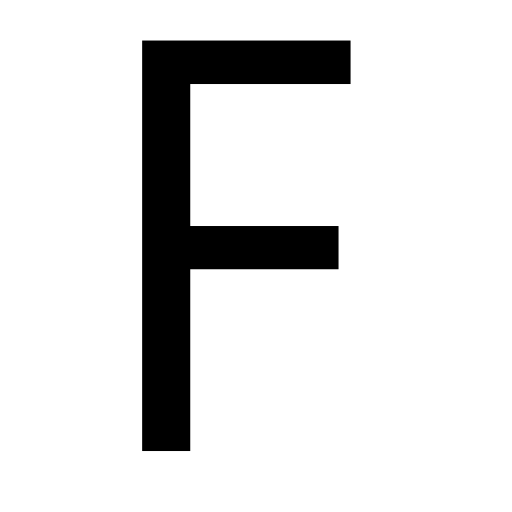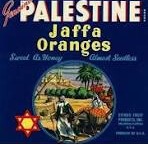Shop
RARE First Israeli Independence Day Blessing Poster, 1949 Shamir Brothers
$3,400.00
1 in stock
| Artist / Creator | |
|---|---|
| Year | |
| Condition | |
| Size | |
| Technique | |
| A |
Description
Gabriel Shamir (1909-1992) and Maxim Shamir (1910-1990) were Israeli graphic designers. They designed Israel’s official state emblems, medals, stamps, and currency notes.
Between 1930 and 1931 Gabriel worked for the Lintas advertising agency in Berlin and between 1931-1933 for Gumaelius in Stockholm. In 1934, they opened a graphic design studio in Riga, Latvia, but the following year they immigrated to Palestine. The brothers arrived during the Fifth Aliyah. They established the Shamir Brothers Studio on Rothschild Boulevard in Tel Aviv and began to design posters. In 1935, the Shamirs co-founded the Society of Hebrew Graphic Artists in Eretz Israel.
The Coat of Arms of Israel was designed by the Shamir Brothers
Because there were few Hebrew typefaces at the time, the Shamirs improvised hand-painted Hebrew letters, often into transliterated words from European languages and English. Whereas Franz Kraus, the Austrian graphic designer who arrived in Eretz Israel a year before the Shamirs, adhered to a uniform type style, the brothers sought typography that they felt expressed the subject matter.
The Shamir brothers, enthusiastic about the establishment of the Jewish state, undertook to formalize and actualize the visual symbols of Israeli sovereignty and independence. They designed the state’s emblems, medals, stamps, and currency notes, including the 1949 Israeli State Coat of Arms (an image of a menorah and olive branches). In addition, they advertised cigarettes and other consumer goods, as well as designed stamps for countries in Africa, Asia, and South America. Their posters, other advertisements, and logos from 1935 to the close of their studio in 1974—rendered for the lottery, marketing fairs, land settlement, support of the army, food rationing, anti-black-market drives, and other nationalistic efforts—express a hyped Communist attitude, but not extreme or dour as in the propaganda of Bolshevik Russia






